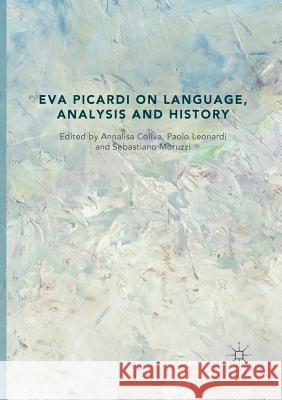Eva Picardi on Language, Analysis and History » książka
topmenu
Eva Picardi on Language, Analysis and History
ISBN-13: 9783030070946 / Angielski / Miękka / 2019 / 425 str.
Kategorie BISAC:
Wydawca:
Palgrave MacMillan
Język:
Angielski
ISBN-13:
9783030070946
Rok wydania:
2019
Dostępne języki:
Ilość stron:
425
Waga:
0.51 kg
Wymiary:
21.01 x 14.81 x 2.26
Oprawa:
Miękka
Dodatkowe informacje:
Wydanie ilustrowane











